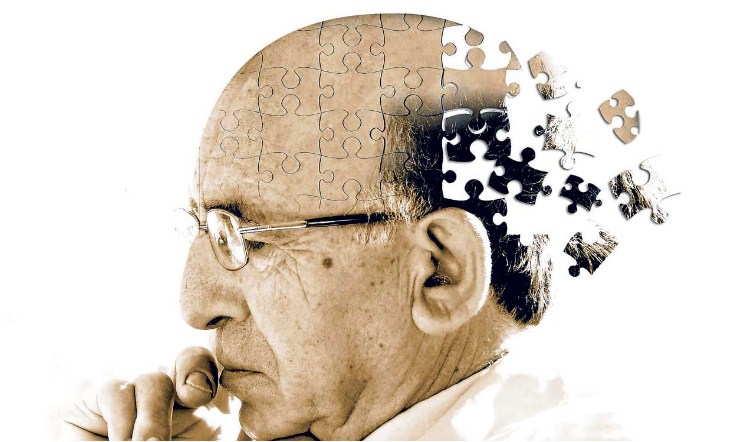Alzheimer’s disease is a physical disease that affects the brain. It is the most common cause of dementia (memory loss). Alzheimer occurs when there is a protein build-up in the brain forming structures called plagues and tangle which leads to the loss of connection between nerve cells and to the loss of nerve cells which may eventually lead to loss of brain tissues.
People with Alzheimer also have a shortage of some important chemicals in their brain. These chemical messengers help to transmit signals around the brain. When there is a shortage of them, the signals are not transmitted as effectively. Some of the symptoms of Alzheimer include memory loss and difficulties with thinking, problem-solving or language.
Alzheimer becomes more severe with time. This means that it is a progressive disease because over time, more parts of the brain become damaged and as this happens more symptoms develop.
SYMPTOMS OF ALZHEIMER
The symptoms of Alzheimer are mild at the early stage but become more severe over time and interferes with the patients daily life activities. The person may:
- Become forgetful- he/ her begin to forget the location of items, forget appointments, get lost in places familiar to them etc.
- Anxiety
- depression
- Struggle to sustain a conversation
- Difficulty in concentrating, planning or organizing.
- Visuospatial problems judging distance or seeing objects in three dimensions; navigating stairs or parking the car become much harder
- Agitation- he/she becomes restless, have disturbed sleep patterns, repeat questions and react aggressively.
At the later stage of Alzheimer, the patient will require day to day support from loved ones. At this stage, the individual starts to hear or see things that are not there (hallucination) or believe things that are untrue or unreal (delusion). They become much less aware of what is happening around them. They may have difficulties eating or walking without help, and become increasingly frail. Eventually, the person will need help with all their daily activities.
WHO GETS ALZHEIMER’S DISEASE
Developing Alzheimer’s disease is linked to a combination of factors, explained in more detail below. Some of these risk factors (e.g. lifestyle) can be controlled, but others (e.g. age and genes) cannot.
- Age- it is the greatest risk factor. People over 65 years are mainly at risk of developing Alzheimer’s disease.
- Genetics- Alzheimer may be passed down from one generation to the next. However, this does not mean that Alzheimer’s is inevitable, and everyone can reduce their risk by living a healthy lifestyle.
- Health and Lifestyle: Medical conditions such as diabetes, stroke and heart problems, as well as high blood pressure, high cholesterol and obesity in mid-life, are all known to increase the risk of Alzheimer’s disease. Leading an active lifestyle that combines regular physical, social and mental activity will help to lower risk.
TREATMENT AND SUPPORT
Though there are treatments that can control the symptoms of the Alzheimer’s disease, there is currently no cure for the disease. The person should have a chance to talk to a professional about their diagnosis. This could be a psychiatrist or mental health nurse, a clinical psychologist, occupational therapist or GP. Information on the support that is available and where to go for further advice is vital in helping someone to stay physically and mentally well. Professionals such as the GP and staff at the memory service or local Alzheimer’s Society can advise on what might best meet the needs of the individual and of those caring for them.




